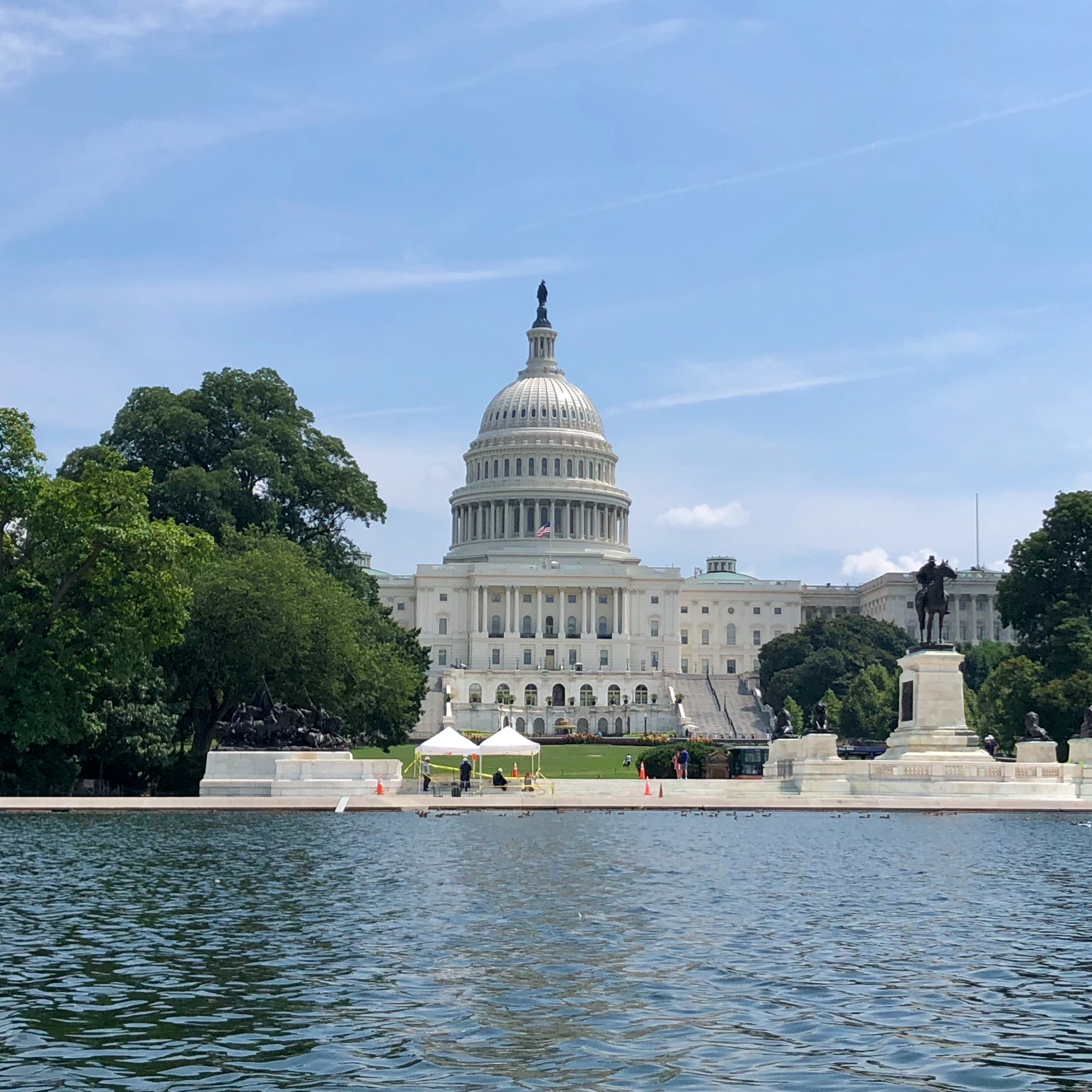Middle-class households in the United States have limited financial assets. They may experience retirement insecurity, according to a study conducted by the National Institute on Retirement Security, a non-profit, non-partisan research and teaching organization.
Using data from the Federal Reserve’s Survey of Consumer Finances, the research examined financial assets by generation, net worth, and race.
In 2019, middle-class households owned only a small part of their generations’ overall financial assets, with millennial households having a median net worth of $22,630, Generation X having a net worth of $150,500, and Baby Boomers having a net worth of $236,350. That suggests a concentration of wealth among more affluent households.
While middle-class millennials have 14% of their generations’ assets, Gen X and Boomers each have single-digit percentages of wealth.
Furthermore, median middle-class household financial assets, which exclude tangible assets such as homes, demonstrate that each generation’s savings may be insufficient for retirement.
Middle-class Baby Boomers had median assets of $51,700, while Black and Hispanic households had much lower median assets of $30,900 and $22,280, respectively.
Even though middle-class Gen X households have some time left before retirement, the research finds they are not on pace, with median assets of $39,000. With less time in the labor force, millennials have amassed the least wealth, at $7,800.
According to Tyler Bond, research manager at the National Institute on Retirement Security, middle-class Americans are failing to acquire enough financial assets during their working years.
These findings are consistent with earlier statistics demonstrating that most older Americans’ savings fall short of their planned retirement income.
According to a poll conducted by the Insured Retirement Institute, more than half of U.S. workers over the age of 40 have less than $50,000 saved for retirement, and the majority are not increasing their savings to boost their nest eggs.
Furthermore, many Americans do not take advantage of employer retirement programs. According to MagnifyMoney research, 17% of people having access to employer accounts, such as 401(k) plans, don’t contribute to them.
Moreover, among those who join workplace plans, 17.5 million savers fail to take advantage of their employer’s matching contributions.
Most people without a 401(k) or another form of the plan via their employer will simply not save.
However, many workers continue to lack access to corporate retirement programs, said Bond, exacerbating the problem.
The U.S. Bureau of Labor and Statistics found that around 67% of private industry employees have company-provided retirement plans. While individuals without employment plans might save through individual retirement accounts, this is less common.
There’s a lot of evidence that demonstrates that’s not what people do, Bond explained. Most folks without a 401(k) or another form of the plan via their job will simply not save.
While Congress enacted the Secure Act of 2019 to improve the United States’ retirement system, a pair of bipartisan measures in the House and Senate are attempting to expand on that legislation.
Among other proposals, the measures could expand “catch-up” contributions for savers 50 and older and provide 401(k) access to part-time workers.
According to Bond, retirement security appears to be one area where bipartisan collaboration on the Hill may still be found.
Furthermore, he added, state-run individual retirement accounts, such as those in California, Illinois, and Oregon, are gaining support as politicians look for solutions to close retirement savings gaps.
Contact Information:
Email: [email protected]
Phone: 7705402211
Bio:
Mack Hales has spent the past 4 decades helping clients prepare for retirement and manage their finances successfully. He also works with strategies that help clients put away much more money for their retirement than they could in an IRA or even a 401k. We involve the client’s CPA and/or their tax attorney to be sure the programs meet the proper tax codes.
Mack works with Federal Employees to help them establish the right path before and after retirement. The goal is to help the client retire worry-free with as much tax-free income as possible and no worries about money at risk of market loss during retirement.
Mack has resided in Gainesville, GA since 1983, so this is considered home. Mack is married to his wife of 51 years, has two boys and five grandchildren.












